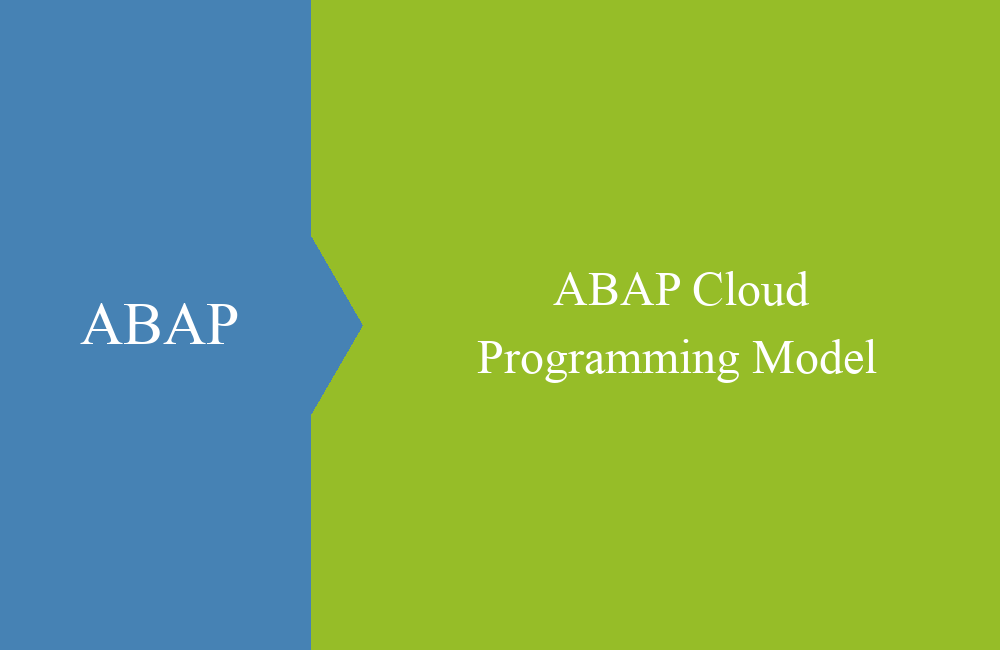
ABAP - BOPF Performance
What about the performance when accessing BOPF? We want to investigate this question today.
Table of contents
You have probably already wondered what the performance of this framework shows in the end when we access the individual data? Today we want to talk about this topic and give you some suggestions.
Amount of data
In principle, the framework is very fast when accessing individual components if you subtract the loading time of the framework and the settings. You don't have to worry about direct access to a small amount of data or reading sub-items, since these accesses are sufficiently fast enough.
However, as soon as you use the BOPF model in a gateway service, for example, and the first "count query" goes on the total data, you will not be able to avoid a manually SELECT. With a large amount of data, it can already be worth implementing a manual access.
Performance black hole
Normal access to the data is quick, but there are some mechanisms in the BOPF that slow down performance. These include:
- Authority checks
- Determinations
Authority check
The data is protected by an authorization check and each record must be checked accordingly? This can have a strong impact on performance, especially if you have to read all or a lot of data. Here it is advisable to work with a buffer if you have already carried out a test for a combination. The check requires more performance than access to a sorted table.
Determination
If data is also derived, it is usually read from other tables, which means additional access. A determination cannot be deactivated for only special access. Here is our recommendation to you to set manual access directly to the data table.
Conclusion
When it comes to strong performance on a lot of data and other mechanisms are used to access the BOPF data, it is usually worthwhile to use individual access in order to optimize the runtime and avoid problems. Especially if you use BOPF in a gateway, optimization is worthwhile.





